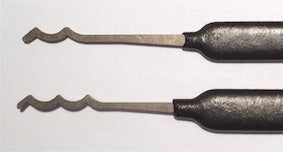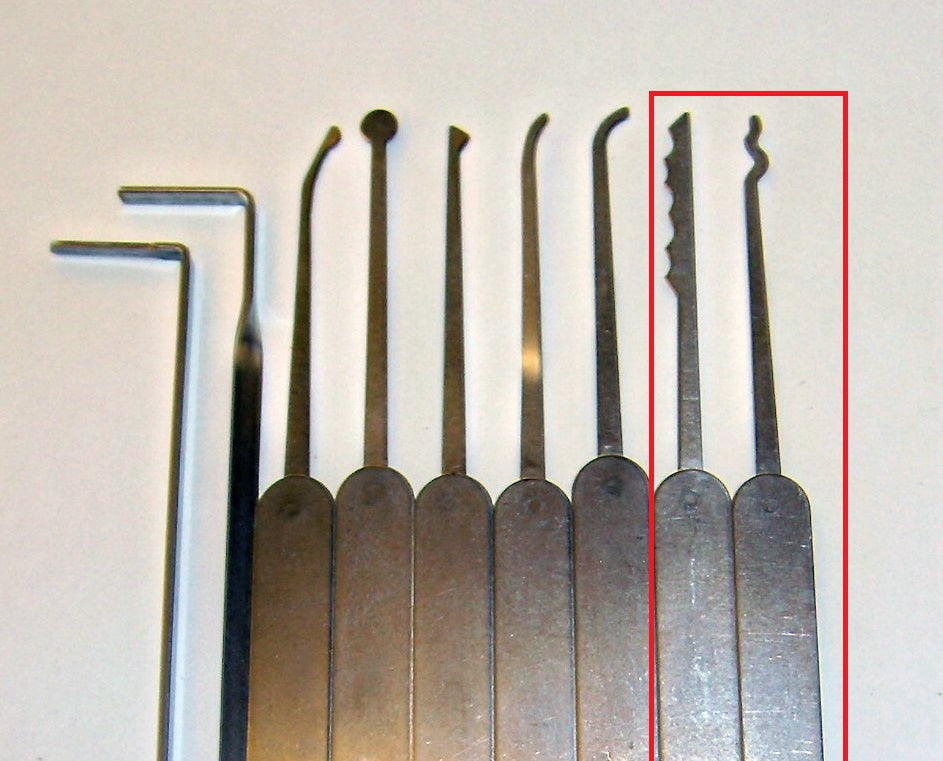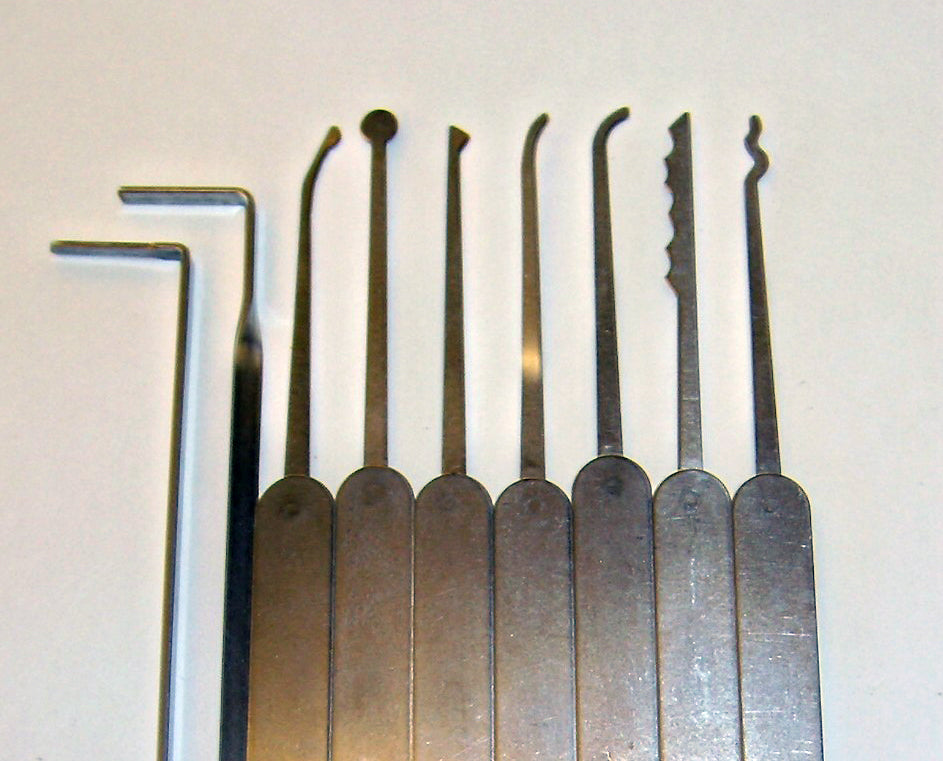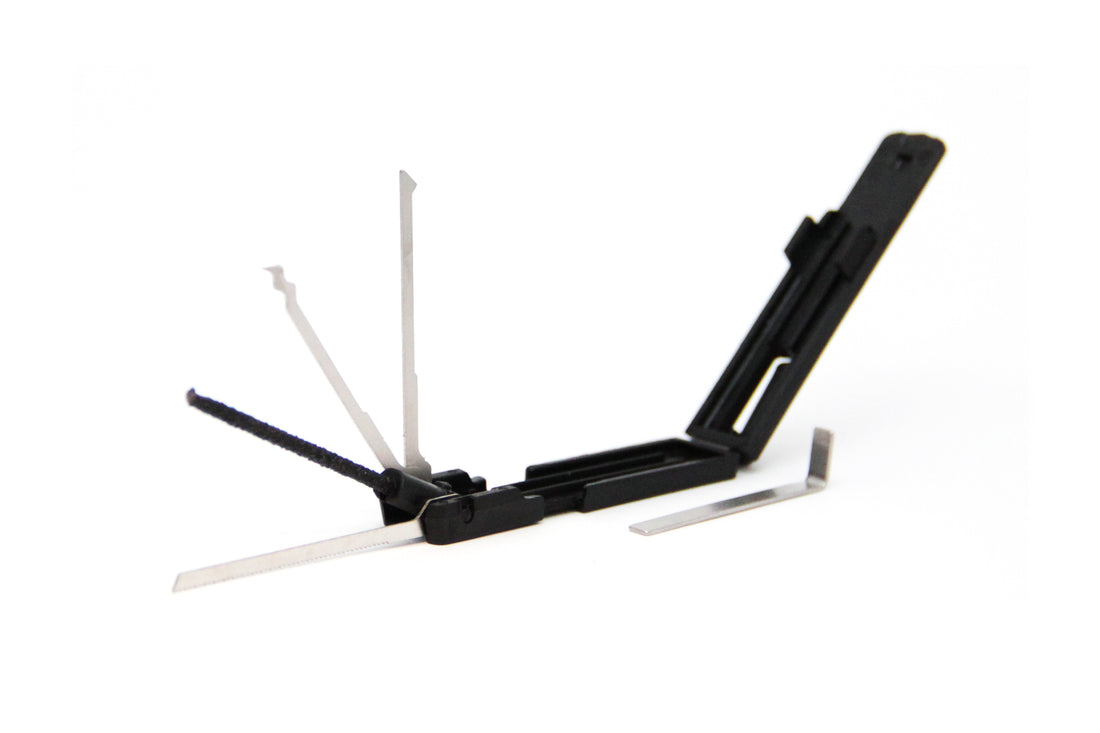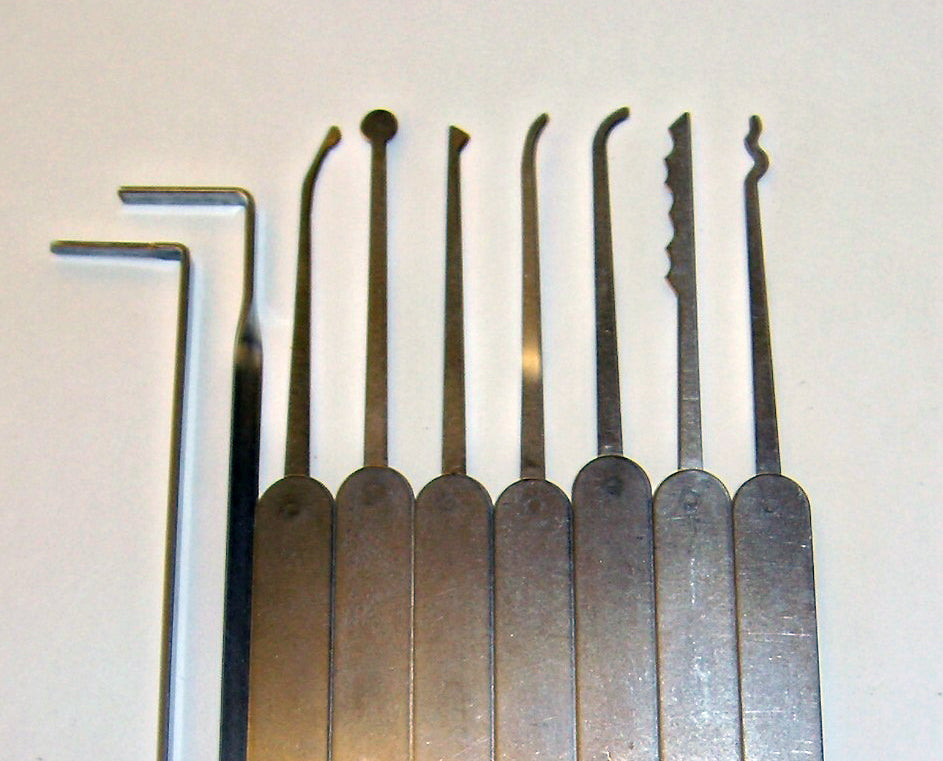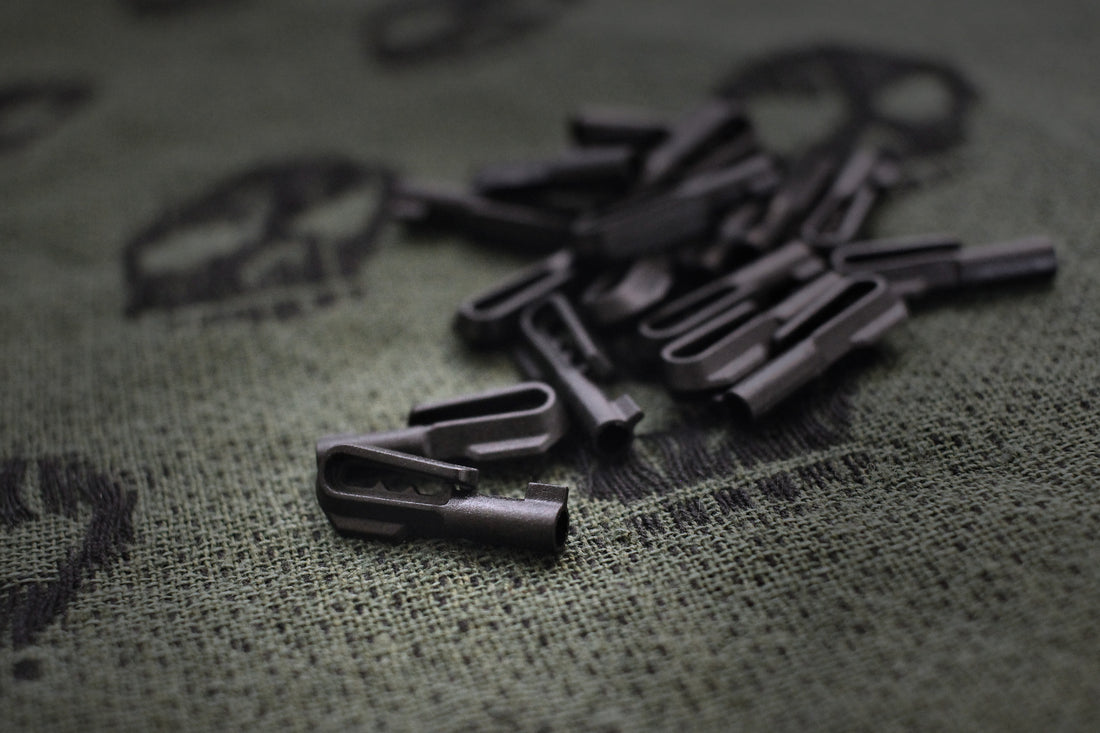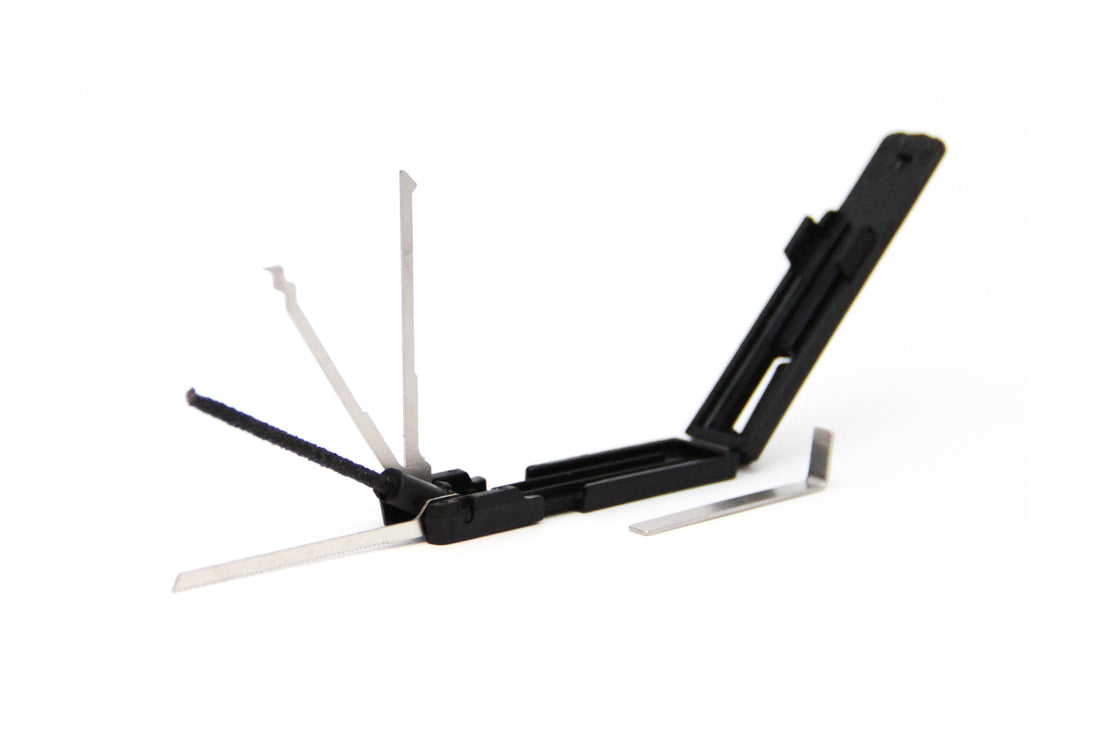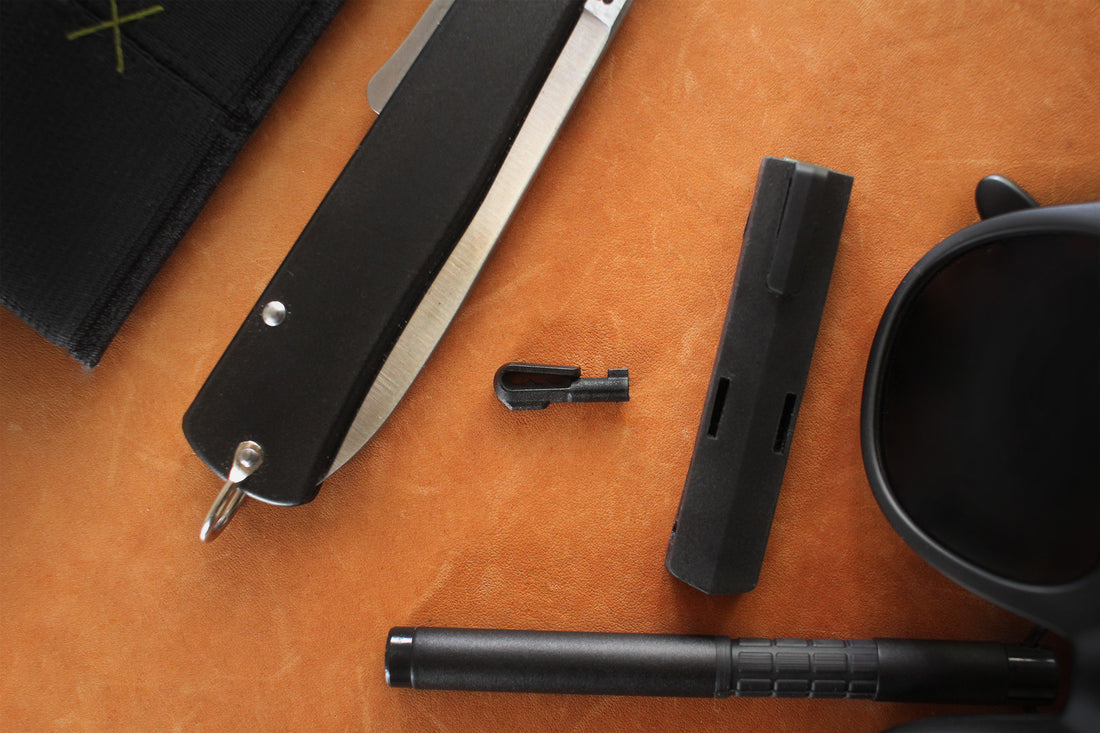Blog
How Do I Buy a Handcuff Key?
Are Lock Pick Sets Legal?
7 Reasons You Should Learn to Pick Locks
3 Things You'll Need to Pick Your First Lock
How Hard is it to Pick a Lock?
Why Lock Picks Should Be Part of Your Everyday Carry
How Do You Pick a Lock?
What Are Lock Picks?
You Aren't Fully Prepared Until You Have This Item
What's the Point of a Plastic Handcuff Key?
How to Prepare for an Urban Emergency
What are the Benefits of Owning a Handcuff Key?


